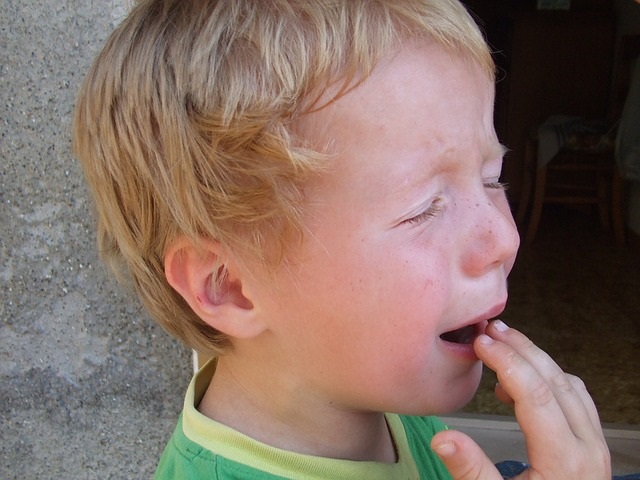
The biggest secret for raising a child with Sensory Processing Disorder and some Spirited Children is to stop a catastrophe before it starts. The title makes it sound simple doesn’t it? But, I believe this is the best way to help your child succeed.
Children with sensory issues typically have random meltdowns or lose control due to over stimulus. With some tracking, journaling, and evaluating, a parent can find a pattern – those items that set your child off. Once you figure out what situations make it hard, work to minimize these triggers and then help your child work through them.
Here are some examples of ways that I have learned to avoid a catastrophe with both Bubs and Little Man:
Too Tired
If Bubs is overtired, a meltdown will occur. These can be ugly and last a long time (although they are getting shorter and shorter with time.) Of course sleep is the best but not always an option. For these times, we set up a small, quiet area such as a tent or closet for Bubs to have some down time. Included in the space are legos, books, coloring items, and puzzles for him to relax and have some down time. We have found that it does not work for him to simply lay down as he is too tired and can not calm his body down. Also, one of us will pull him aside to do a quiet, one-on-one activity – read a book, bath time, cooking in the kitchen.
Parties
Holiday and birthday parties can be overwhelming. Depending on those present, Bubs will feed off of a little excitement and be unable to come back down. In these cases, Daddy or I keep Bubs at very close reach. This way, we can immediately stifle any escalating situation. Most of the time, this is not used as a discipline issue but simply to pull him away and redirect him to a calmer scenario. When it comes time for gifts to be opened or food to be served, we pull him by us and quietly talk to him about what is going on, discuss his feelings, etc. This sets him up to succeed instead of having to pull him away constantly or him getting impatient. Rubbing his back during this time helps calm him. When a change comes to the activities, pull him close so that you can help him listen to instructions. You can review them with him and help answer any questions.
Restaurants
Let the child know the plan before entering the restaurant. Discuss where they will sit, behavior expectations, food options, etc. Always sit the child by you so that you can whisper encouraging comments. Depending on who you are going with, set the child by a calming person to the other side. See more: How to Survive Restaurants
Visiting Another Person’s Home
Once again, discuss expectations – no running, eat what is offered, manners, taking off shoes – basic respect for other people and their home. If needed, bring toys and items with you so that your child has something to do. Give the child a five minute warning of when you will be cleaning up before leaving. Make sure that you don’t continue talking past the amount of time! Begin cleaning up and then promptly leave. Another point about this is that we try and have the same rules for our home that we would want our children to follow at other peoples’ homes. This allows the child to practice respect for all property.
Listening and Sitting Still
Little Man has a very hard time keeping him mouth quiet and sitting still. We are working on this during school time by providing him with a specific place to sit. During our Bible lesson, he can get up to place the flannelgraph piece on the board but then must return to his seat “pillow”. Before starting a story, I set expectations about this being mommy’s time to talk and his time to listen. Consistency is the key to this one. See more: Teach a Child to Sit Quietly
Getting Loud and Not Focusing
I can always tell that Bubs is about to go over the edge when he gets loud and does not hear me. His focus is so random that he has no idea that I am trying to get his attention. It is at the point that I must immediately step in and bring about a calming atmosphere.
